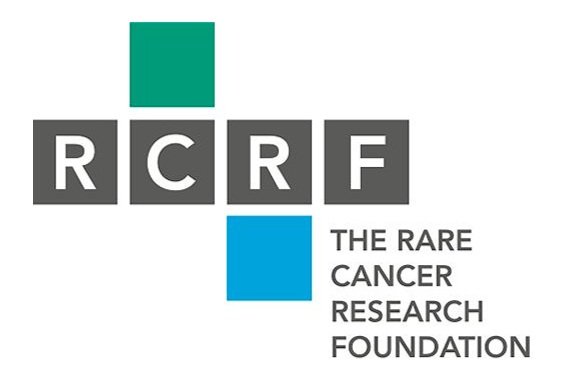Rare Cancer Day: September 30, 2023
Rare cancers, also known as orphan cancers, are those that occur infrequently, typically affecting fewer than 6 in 100,000 people. These cancers encompass a wide range of tumor types and often present unique challenges. Due to their low prevalence, they are less likely to attract significant research funding, which can hinder progress in understanding and treating them. This is where Rare Cancer Day steps in.
Rare Cancer Day, celebrated September 30th, is a vital initiative that brings much-needed attention to a group of diseases that are often overshadowed by more prevalent cancers. By raising awareness, advocating for research and funding, providing support, encouraging early detection, and reducing stigma, this day plays a crucial role in improving the lives of those affected by rare cancers.
The Rare Cancer Research Foundation (RCRF) is a beacon of hope for those affected by rare cancers. Our mission is not only to raise awareness but to actively drive scientific progress and provide support to patients and researchers. RCRF has helped patients donate their tissue directly to researchers from over 115 hospitals, resulting in 58+ research models for rare cancers. These models have already provided countless research opportunities, scientific discoveries, and urgent hope for patients and their families.
Donating fresh tissue or tumor samples to rare cancer research is crucial. These samples provide vital insights into the genetic and molecular characteristics of rare cancers, aiding the development of better treatments. Patients who donate are not only helping themselves but also future generations facing similar diagnoses. Each sample contributes to a better understanding of rare cancers, transforming the landscape of research and offering promise for the future.
Whether supporting infrastructure for the benefit of every rare cancer patient or ensuring a patient gets access to a life-saving treatment, RCRF is fiercely patient-centric. Our dedication to advancing research and improving the lives of those with rare cancers aligns perfectly with the goals of Rare Cancer Day. As we work towards a future where no cancer is left untreated, it's essential that we give rare cancers the attention and resources they deserve. Rare Cancer Day reminds us that all cancers deserve our care, compassion, and commitment to finding cures. Together, we can make a difference in the lives of those facing these rare and often misunderstood diseases.
Supporting Rare Cancer Day is a meaningful way to impact the lives of those affected by rare cancers. Here are some things friends, family, and advocates can do to show their support:
Raise Awareness: Share information about Rare Cancer Day and the Rare Cancer Research Foundation on your social media platforms, and encourage friends and family to do the same. Use hashtags like #RareCancerDay to join the conversation and increase visibility. Check out the National Organization for Rare Disorders (NORD) toolkit.
Educate Yourself: Learn more about rare cancers, their challenges, and the experiences of those affected. Understanding the unique needs of rare cancer patients can inform your advocacy efforts.
Donate: Contribute to organizations like the Rare Cancer Research Foundation or other nonprofits dedicated to rare cancer research and support. Your donations can help fund vital research projects and patient assistance programs.
Share Personal Stories: If you or someone you know has been affected by a rare cancer, sharing your personal story can inspire others and demonstrate the importance of awareness and research. Share your story here!
Organize Fundraisers: Host fundraising events or campaigns to support research and patient assistance programs. Whether it's a charity run, a bake sale, or an online Facebook fundraising campaign, every contribution counts!
Volunteer: Many organizations involved in rare cancer awareness and research rely on volunteers. Offer your time and expertise to help them with various initiatives.
As always, send us an email if you have questions, comments, or ideas!

